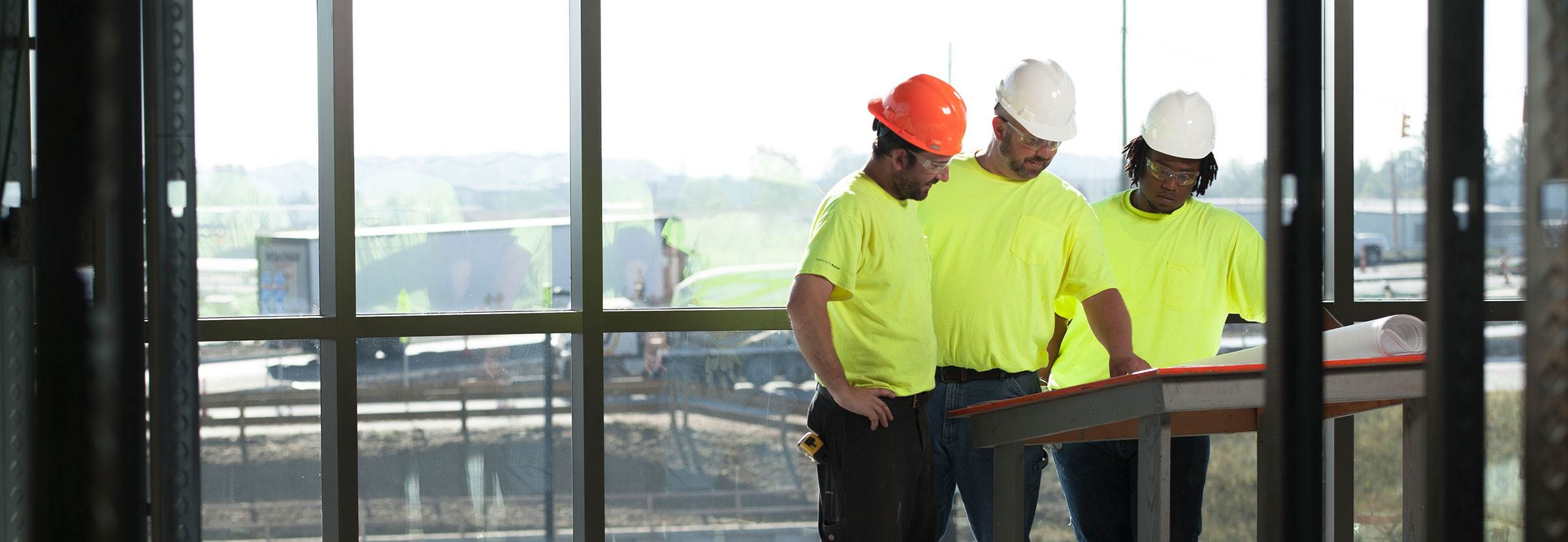NLRB Announces Final Rule Concerning 9(a) Construction Industry Bargaining Relationships
Today, the NLRB announced that it has finalized its regulations proposed last August concerning the regulations at 29 CFR 103 governing the status of labor organizations as exclusive bargaining representatives. The final rule, which will publish tomorrow, amends three of the NLRB’s processes related to: (1) certain “9(a)” collective bargaining relationships involving employers in the construction industry; (2) the “blocking charge” policy, which pauses elections when unions or employers file interference charges; and (3) the “voluntary recognition bar,” which prohibits challenges to whether a union has majority support for a “reasonable period of time” after a union is voluntarily recognized by an employer.
Specifically, the changes made by the final rule include:
Blocking Charge Policy: The amendment replaces the current blocking charge policy with either a vote-and-count or a vote-and-impound procedure. Elections would no longer be blocked by pending unfair labor practice charges, but the ballots would be either counted or impounded—depending on the nature of the charges—until the charges are resolved. Regardless of the nature of the charge, the certification of results (including, where appropriate, a certification of representative) shall not issue until there is a final disposition of the charge and its effect, if any, on the election petition.
Voluntary Recognition Bar: The amendment returns to the rule of Dana Corp., 351 NLRB 434 (2007). For voluntary recognition under Section 9(a) of the Act to bar a subsequent representation petition—and for a post-recognition collective-bargaining agreement to have contract-bar effect—unit employees must receive notice that voluntary recognition has been granted and are given a 45-day open period within which to file an election petition. The amendment applies to a voluntary recognition on or after the effective date of the rule.
Section 9(a) Recognition in the Construction Industry: The amendment states that in the construction industry, where bargaining relationships established under Section 8(f) cannot bar petitions for a Board election, proof of a Section 9(a) relationship will require positive evidence of majority employee support and cannot be based on contract language alone, overruling Staunton Fuel, 335 NLRB 717 (2001). The amendment applies to an employer’s voluntary recognition extended on or after the effective date of the rule, and to any collective-bargaining agreement entered into on or after the effective date of voluntary recognition extended on or after the effective date of the rule.
The final rule can be viewed here.
© 2024 Signatory Wall and Ceiling Contractors Alliance (SWACCA). All rights reserved.
